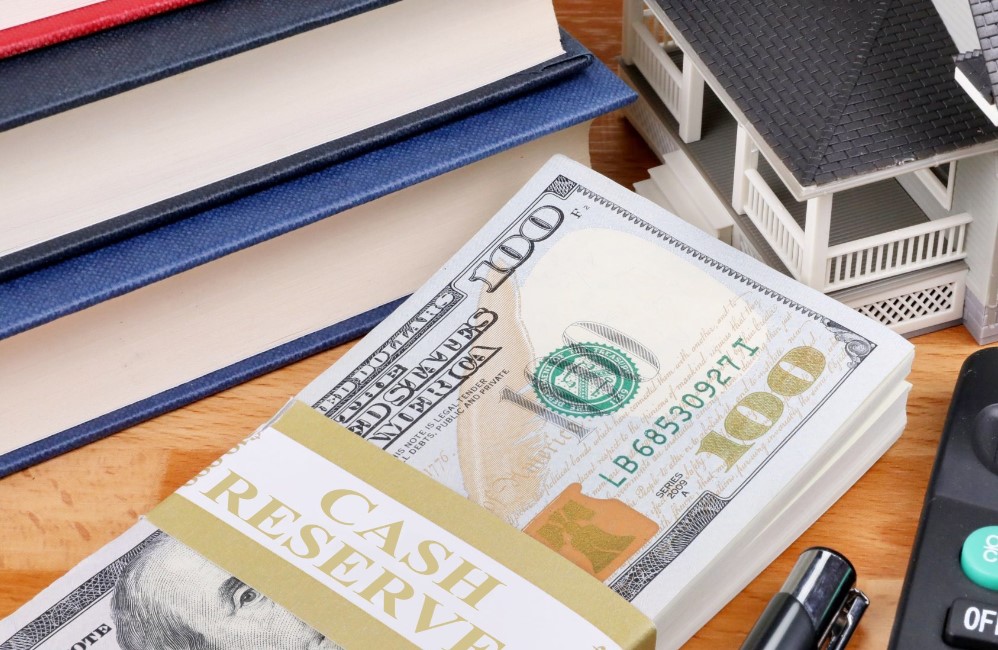When it comes to managing personal finances, having a solid credit history is crucial. A good credit history opens doors to better financial opportunities, such as getting approved for loans, credit cards, and even securing favorable interest rates. However, building a credit history from scratch can be a daunting task, especially if you have little to no credit history. In this article, we will guide you through the steps to build a solid credit history from the ground up.
Understand the Basics of Credit Scores
Before you start building your credit history, it’s essential to understand how credit scores work. A credit score is a numerical representation of your creditworthiness, ranging from 300 to 850. Lenders use this score to assess your risk as a borrower. The higher your credit score, the better your chances of getting approved for credit. Factors that influence your credit score include payment history, credit utilization, length of credit history, types of credit, and new credit accounts.
Open a Bank Account
The first step in building a credit history is to open a bank account. While a bank account itself doesn’t directly impact your credit score, it shows financial stability and responsibility, which can be considered by lenders when evaluating your creditworthiness.
Apply for a Secured Credit Card

A secured credit card is an excellent option for individuals with no credit history. Unlike traditional credit cards, a secured card requires a cash deposit as collateral. This deposit acts as your credit limit, reducing the risk for the lender. Using a secured credit card responsibly and making timely payments will gradually improve your credit score.
Become an Authorized User
If you have family members or close friends with good credit history, ask them to add you as an authorized user on their credit card. Being an authorized user allows you to piggyback on their positive credit history, giving your credit score a boost.
Apply for a Credit Builder Loan
A credit builder loan is specifically designed to help individuals build or rebuild their credit. Unlike traditional loans, the lender holds the loan amount in a secured account while you make monthly payments. Once the loan is paid off, you’ll receive the funds, and your credit score will reflect the positive payment history.
Keep Credit Utilization Low
Credit utilization refers to the percentage of your available credit that you’re currently using. To build a solid credit history, aim to keep your credit utilization below 30%. High credit utilization can negatively impact your credit score and may signal financial distress to lenders.
Pay Bills on Time
One of the most crucial factors in building a credit history is consistently paying your bills on time. Late payments can severely damage your credit score and may stay on your credit report for up to seven years. Set reminders or use automatic payments to ensure you never miss a due date.
Monitor Your Credit Report

Regularly monitoring your credit report allows you to keep track of your progress and catch any errors or fraudulent activities. You’re entitled to one free credit report from each of the three major credit bureaus (Equifax, Experian, and TransUnion) annually.
Avoid Opening Too Many Accounts
While having a mix of credit types can be beneficial, avoid opening too many accounts within a short period. Each credit application results in a hard inquiry on your credit report, which can slightly lower your credit score.
Keep Old Accounts Open
The length of your credit history also plays a role in your credit score. As you build credit, keep old accounts open, even if you don’t actively use them. Closing old accounts can shorten your credit history and impact your score negatively.
Avoid Maxing Out Credit Cards
Maxing out your credit cards can significantly harm your credit score. Instead, aim to keep your credit card balances low and manageable.
Set Up Payment Reminders
To ensure you never miss a payment, set up payment reminders on your phone or through your bank’s online banking platform. Consistently making on-time payments is vital for building a positive credit history.
Build Good Financial Habits
Building a solid credit history requires good financial habits. Budgeting, saving, and living within your means will reflect positively on your credit score and overall financial health.
Be Patient
Building a credit history takes time, especially if you’re starting from scratch. Be patient and stay committed to responsible financial behavior. With time and diligence, your credit score will improve.





Leave a Reply